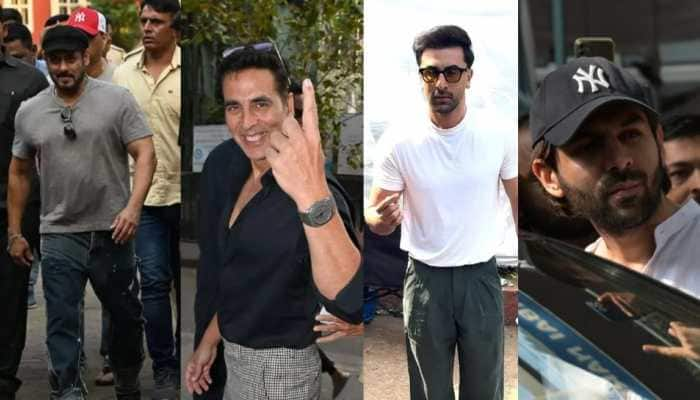India determined to work with neighbours to defeat extremism
External Affairs Minister SM Krishna is determined to work with its neighbours to defeat the "scourge" of violent extremism.
Trending Photos
)
New York: External Affairs Minister S M Krishna said that India seeks peace and prosperity in South Asia and is determined to work with its neighbours to defeat the "scourge" of violent extremism which has "taken root" in the region.
Addressing students and faculty at the prestigious Ivy league Brown University in Rhode Island Friday, Krishna outlined India`s efforts in working with the Afghan people on their road to economic recovery and pursuing normalisation of relations with Pakistan.
"India is determined to work with its neighbours in the region as well as major powers in the world to defeat the scourge of violent extremism that has taken root there," Krishna, who is here to attend the UN General Assembly session, said in his lecture titled `India`s Foreign Policy Priorities for the 21st Century`.
He said India`s pursuit of normalization of relations with Pakistan is evident from finalization of a road map for normal trade relations, and also from liberalizing the visa regime to promote greater people-to-people contacts.
In Afghanistan, India is committed to supporting the efforts of the Afghan people to reconstruct their war-ravaged economy, he said, adding that New Delhi`s commitment to Afghanistan has been reflected in the strategic partnership that was signed last year.
Krishna noted that a major priority of India`s foreign policy is peace and prosperity in South Asia and creation of a favourable external environment to ensure collective prosperity and individual welfare of Indians.
"For more than three decades the north-western parts of the subcontinent have seen much turbulence, and conflict has affected not only India but the entire world," he said.
Asserting that India`s interests are firmly anchored in a stable global order and a peaceful neighbourhood, Krishna said there is need for an open and equitable international trading system, stable financial system, reliable, affordable and secure energy supplies and food security.
Krishna said that as a country that has lived in the "shadows of the arc of proliferation", India would not only maintain its "impeccable" track record on non-proliferation, but would also play a more active role in building international partnership to combat proliferation and pursue the goals of nuclear disarmament.
"Today, the world is troubled not so much by the spectre of a major war, but by conflicts within and between societies, cultures, religions, peoples and nations. Promoting the values of pluralism, mutual respect and understanding is a great challenge of our times, and one that is vital for global stability and security," he said.
Krishna said India has been challenged by forces of intolerance, discrimination and violence, but Indians have spoken as one people and one nation whenever they have been tested the most.
India`s commitment to internationalism, independence of judgment in the conduct of external relations, support to the democratization of world order and contributions to the maintenance of international peace and security are enduring legacies of the country`s national movement, he added.
Krishna stressed that India`s foreign policy would continuously adapt to the changing external circumstances and shifting domestic needs.
Going forward, India would need bilateral as well as international partnerships of technology and innovation to meet its development challenges.
"Our foreign policy will, therefore, be an instrument of our development, but also a vehicle to fulfill our global responsibilities," he said.
India`s vision for the 21st century includes seeking political stability, economic modernization and regional integration of the region, which will enable it to reconnect more closely with Central Asia, and also contribute to stability and prosperity in inter-linked South and Central Asian regions.
Krishna said India has also demonstrated the political will in leading South Asia in a positive direction.
"We are keen to transform South Asia as a peaceful and prosperous region," he added.
India is also asymmetrically opening its markets to other countries in South Asia, contributing to internal stability and actively resolving outstanding bilateral issues.
The country would also seek to further reform multilateral institutions such as the United Nations, including the Security Council, World Bank and IMF to reflect contemporary realities and to improve their ability to address new challenges, he said.
PTI
Stay informed on all the latest news, real-time breaking news updates, and follow all the important headlines in india news and world News on Zee News.
Advertisement
Live Tv
Advertisement







)
)
)
)
)
)
)
)
)
)
